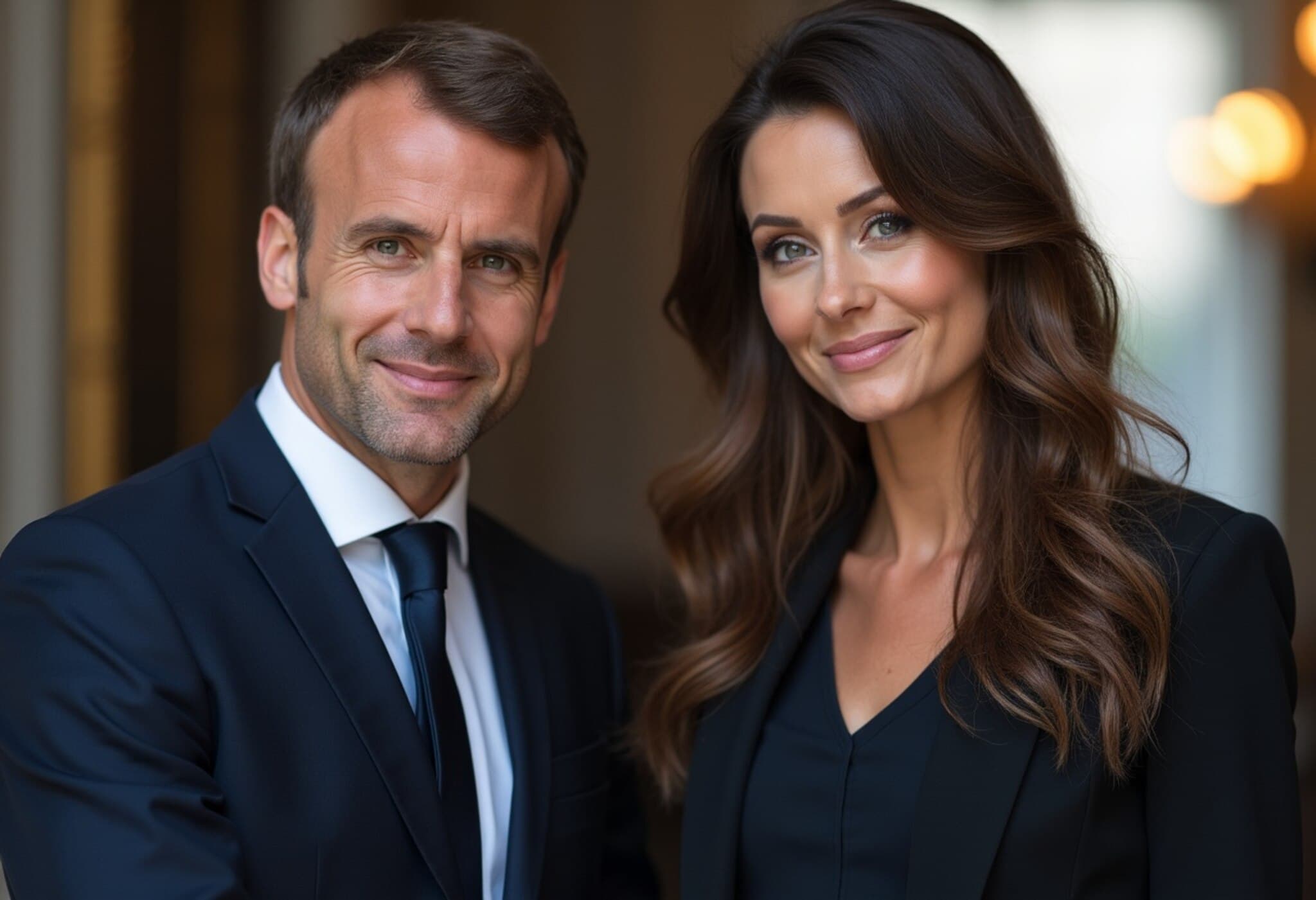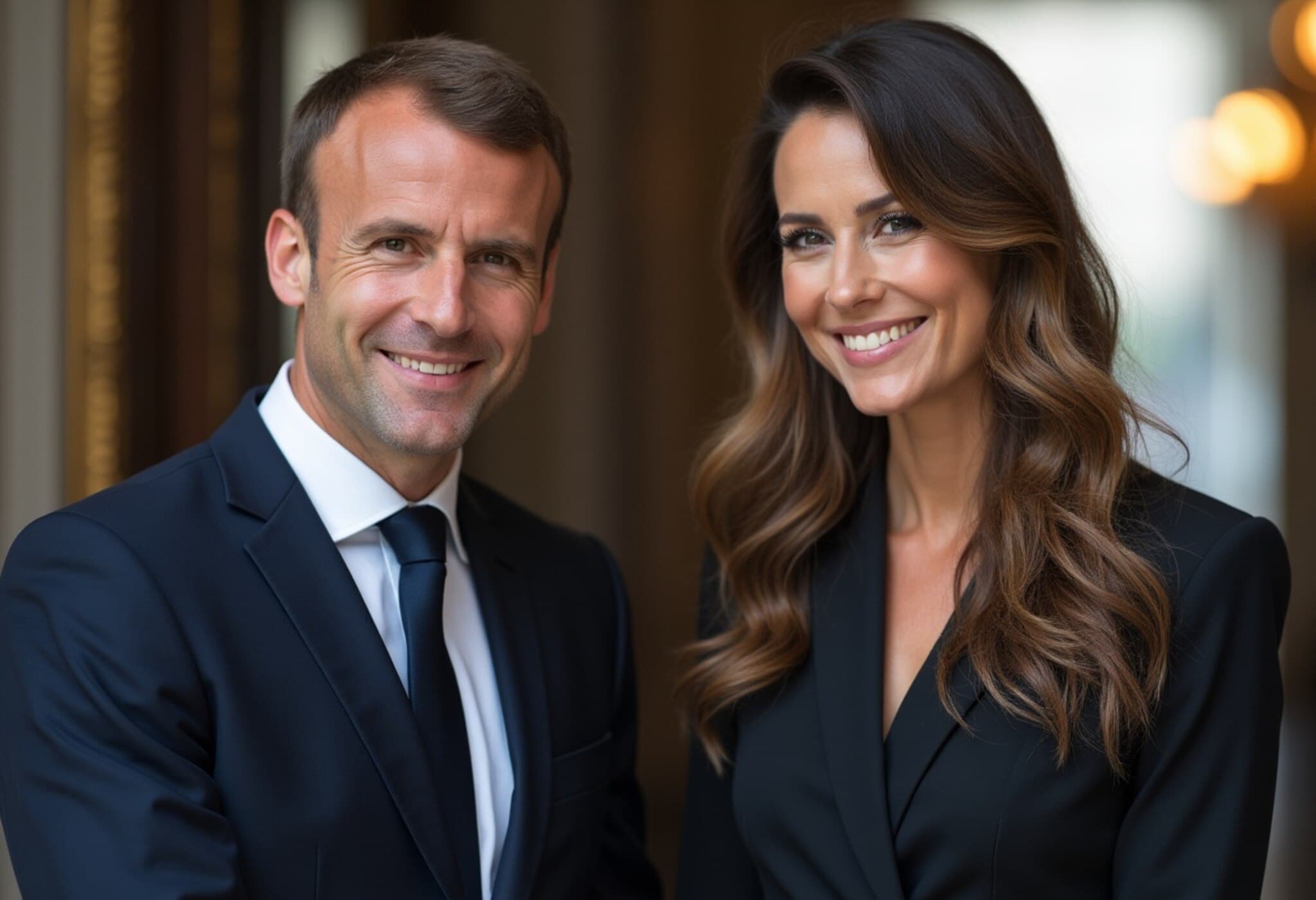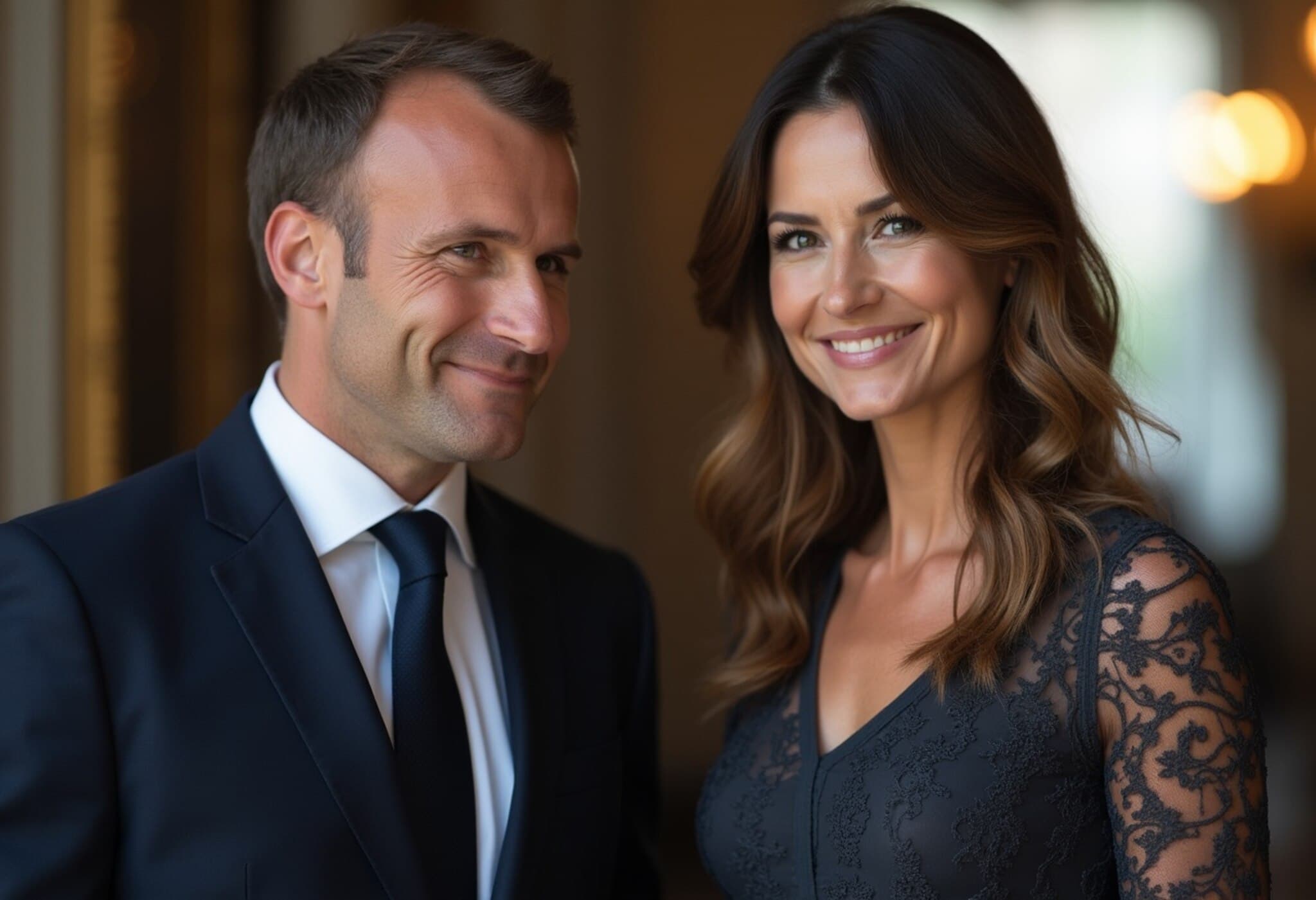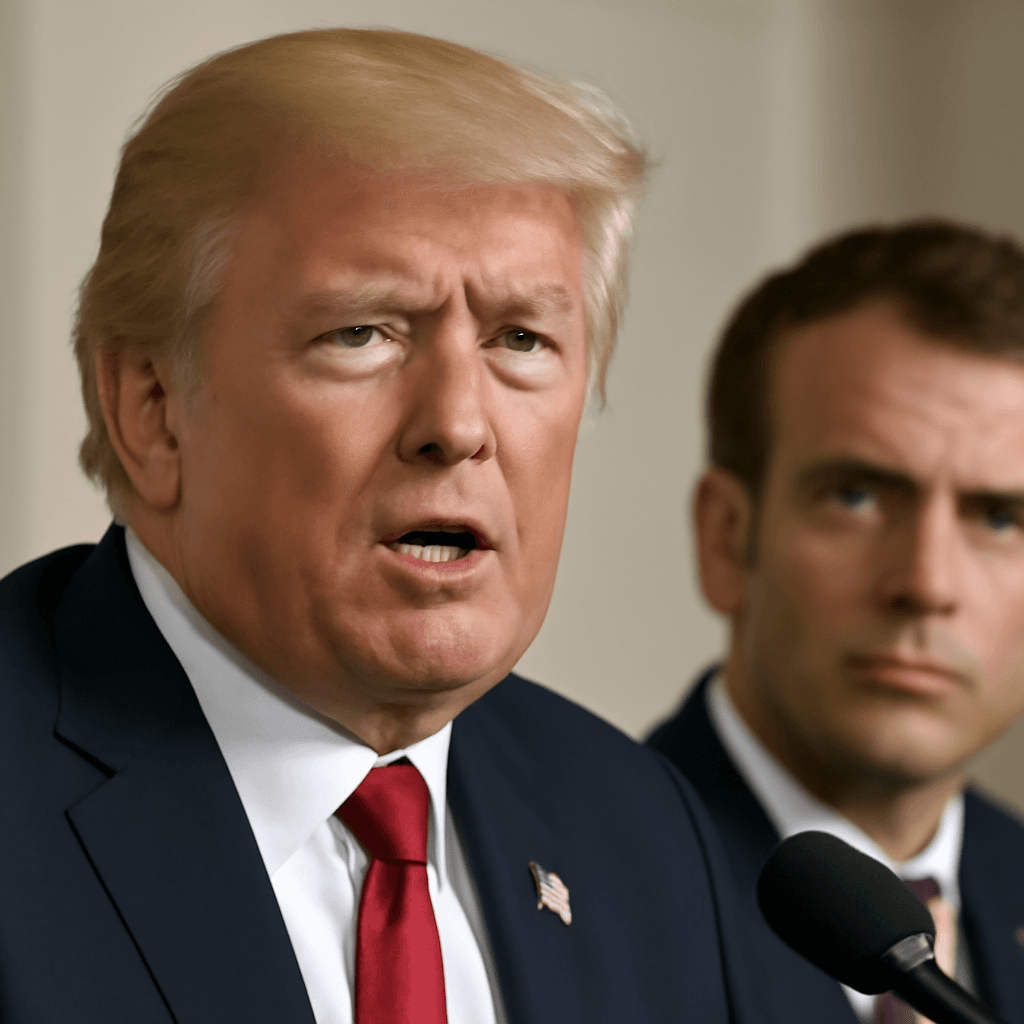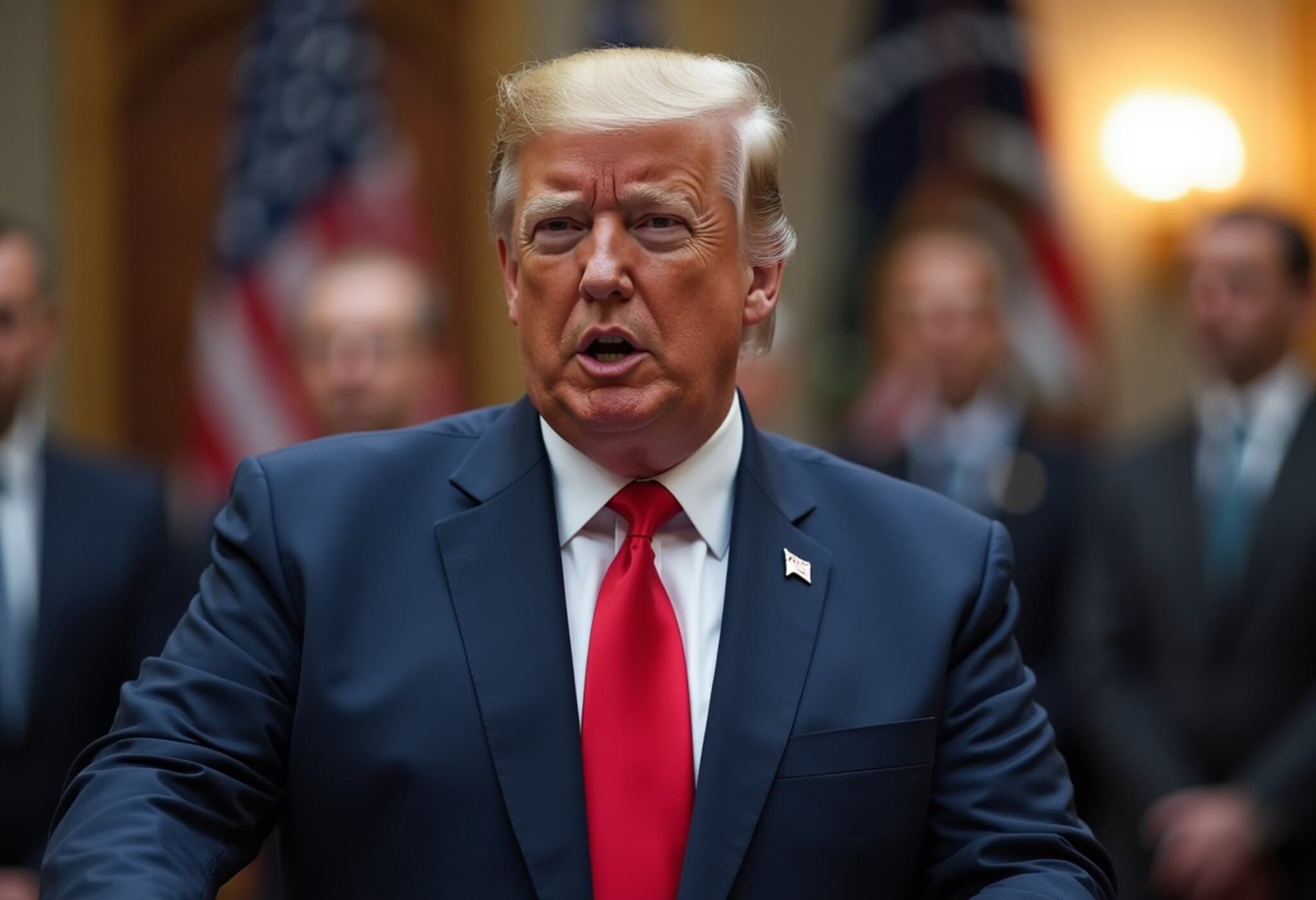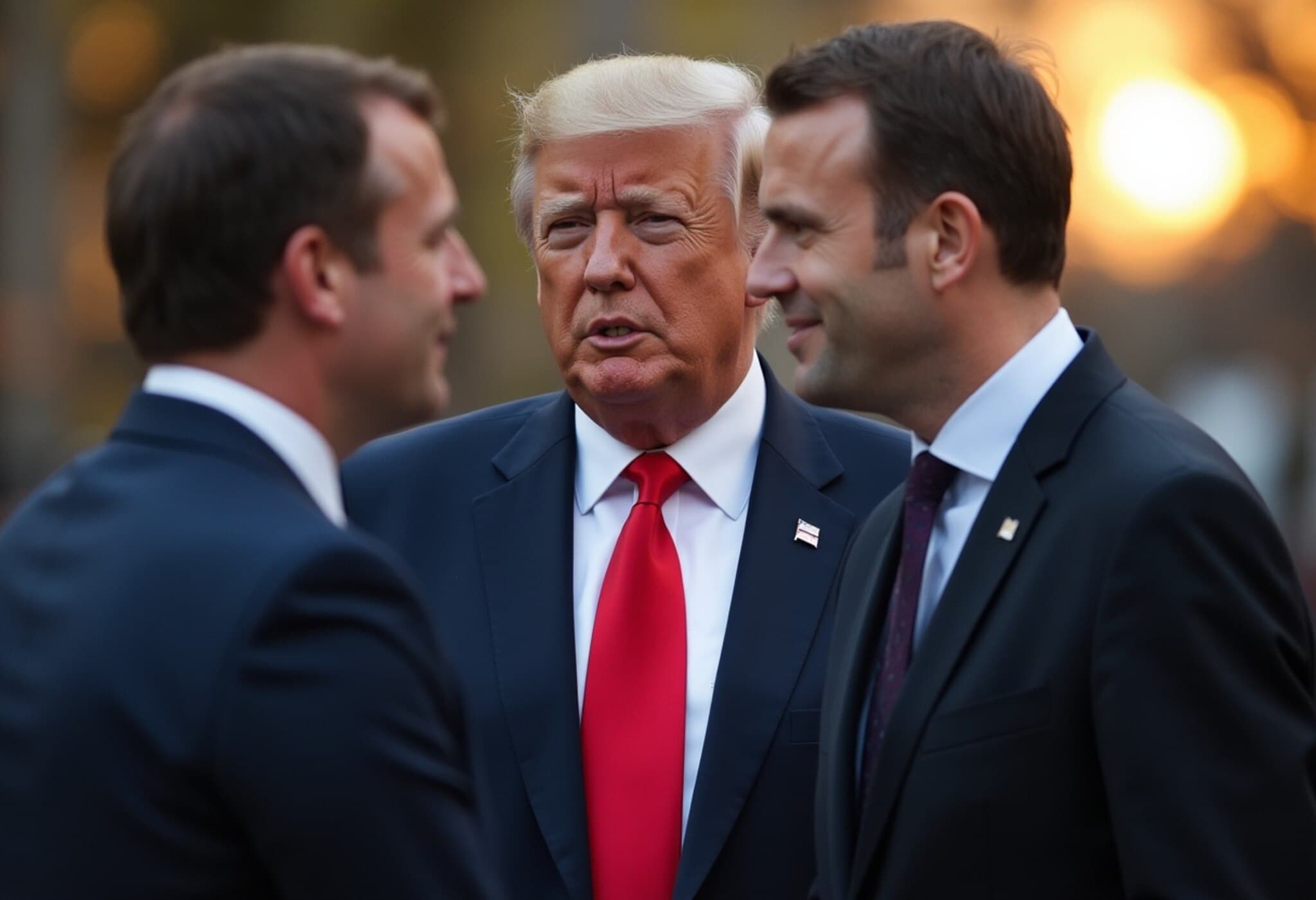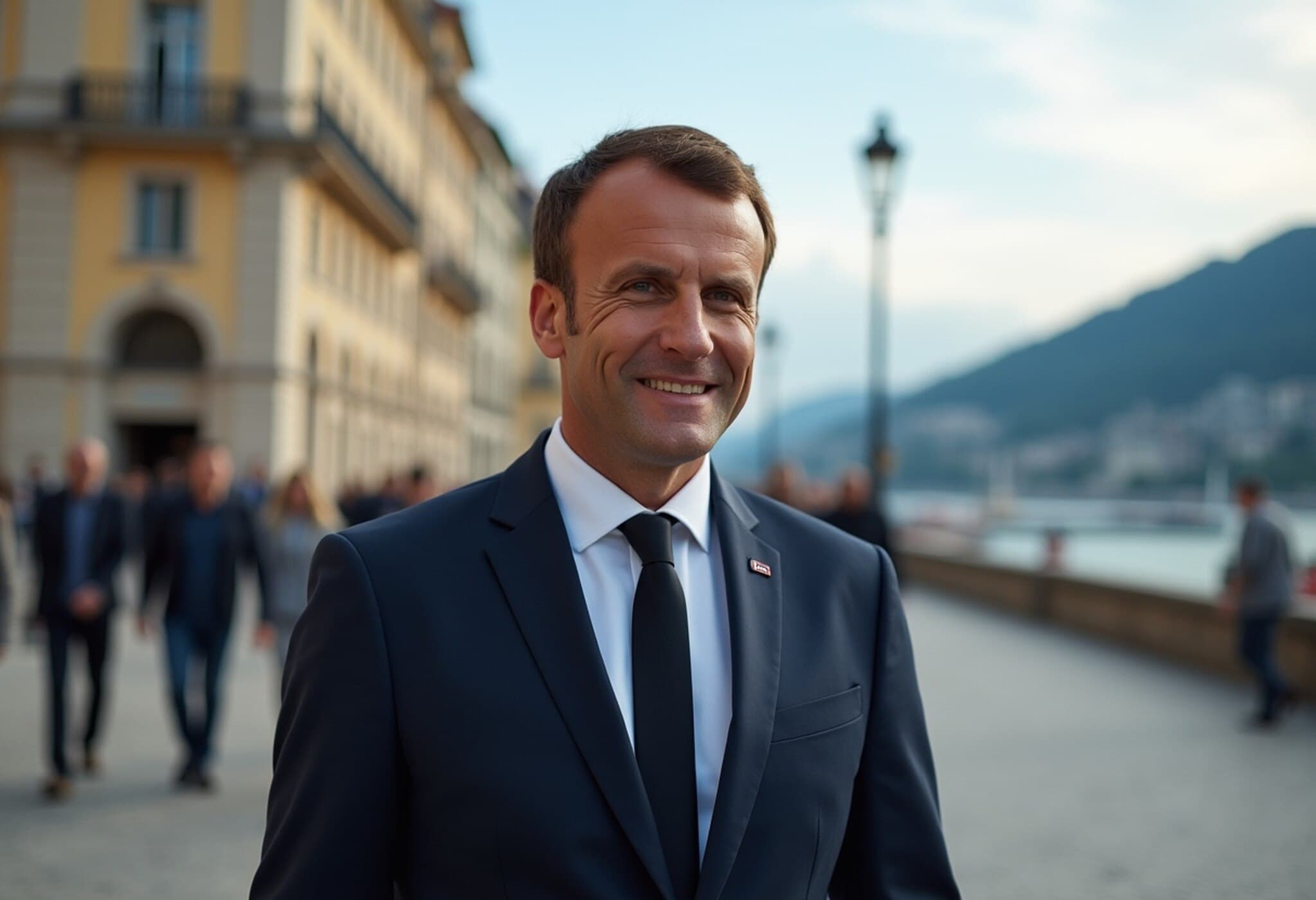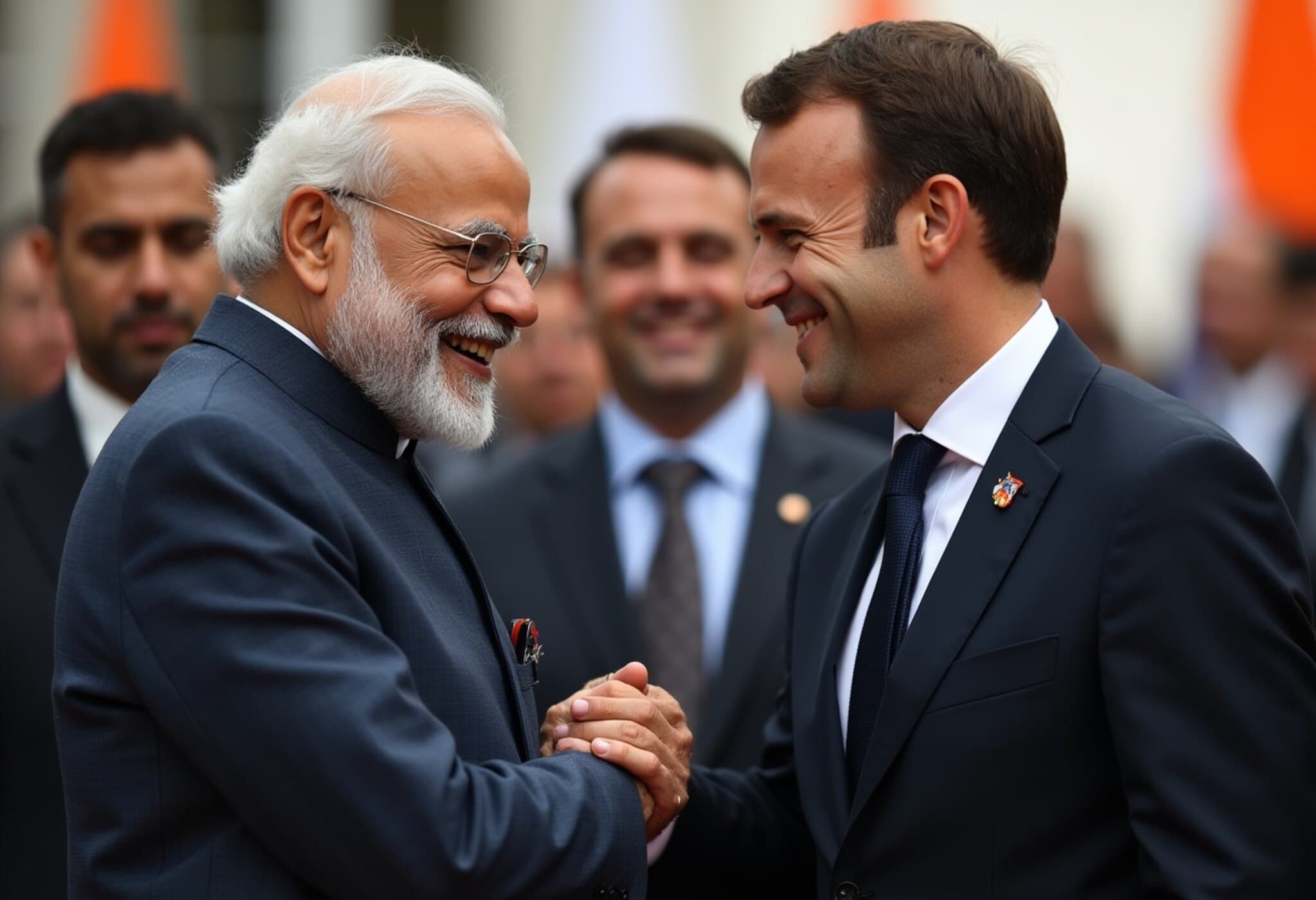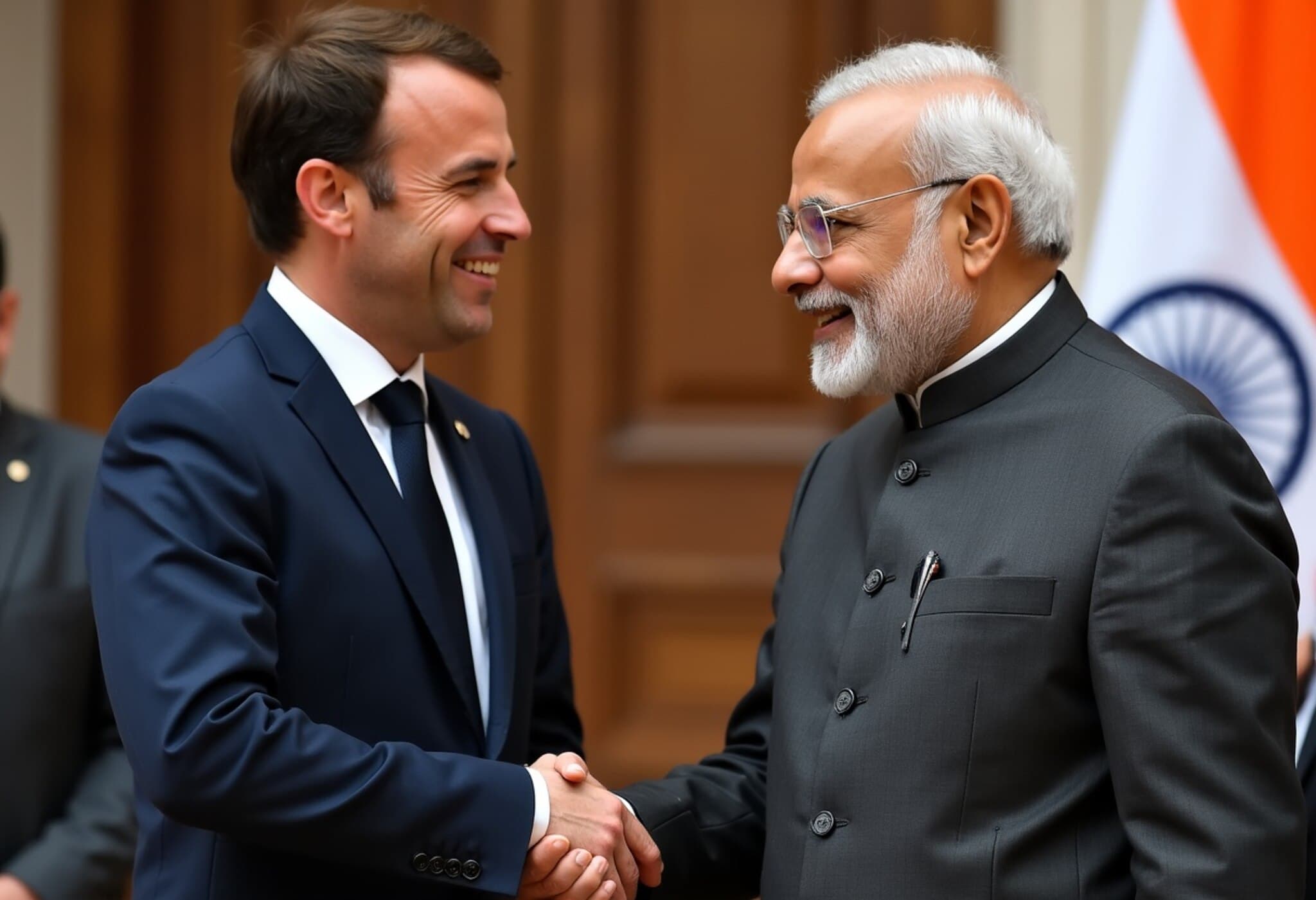French President Emmanuel Macron and Wife Launch Defamation Suit Against US Commentator
In a significant legal move, French President Emmanuel Macron and his wife, Brigitte Macron, have filed a defamation lawsuit in Delaware against prominent American conservative commentator Candace Owens. The lawsuit accuses Owens of spreading damaging falsehoods that have tarnished the couple’s reputation on a global scale.
Background: The Allegations at the Heart of the Lawsuit
The Macrons’ lawsuit centers around Owens’ repeated claims that Brigitte Macron is actually a man, along with outlandish conspiracies suggesting that Emmanuel Macron is under CIA mind control. Among the accusations outlined in the suit are allegations that Brigitte Macron was born male, committed identity theft, and that the presidential couple engage in fraudulent activities to conceal these supposed secrets.
According to the legal filing, these fabrications have appeared prominently in Owens’ media outputs, including an eight-part podcast titled Becoming Brigitte. The lawsuit strongly emphasizes that these are not mere opinions but false and defamatory claims made in pursuit of personal gain and media attention.
Response and Legal Proceedings
The Macrons’ legal team details efforts to resolve the matter amicably, noting numerous requests for Owens to retract her statements and provide evidence. However, these demands were met with derision and intensified attacks instead.
“Because Ms. Owens systematically reaffirmed these falsehoods in response to each of our attorneys’ repeated requests for a retraction, we ultimately concluded that referring the matter to a court of law was the only remaining avenue,” the couple said in a statement.
Represented by Clare Locke LLP, a US law firm renowned for handling high-profile defamation suits, including the Dominion Voting Systems lawsuit against Fox News, the Macrons are demanding justice and monetary reparations for the damage inflicted. The lawsuit outlines the humiliation, relentless bullying, and substantial financial efforts the couple has endured to protect their public standing.
International and Cultural Context
This lawsuit highlights the cross-border implications of misinformation and hate speech in the digital age. As a world leader, Emmanuel Macron is no stranger to being a target of political attacks, but lawsuits like this underscore the growing tensions between free speech and protecting individuals from malicious falsehoods.
In the United States, defamation law balances First Amendment rights with protections against harmful lies. The Macrons’ choice to file in Delaware—a jurisdiction known for corporate and media law—signals a strategic approach to confronting disinformation.
Broader Questions Raised
- What responsibilities do media figures have in verifying claims before broadcasting them?
- How should social media platforms and podcast distributors manage content that spreads potentially damaging falsehoods about public figures?
- What are the limits of satire or rhetoric when it crosses into defamation?
Experts in media ethics emphasize that the incident serves as a cautionary tale about the consequences of unchecked conspiracy theories, especially when propagated by influential commentators. The case also touches on themes of privacy, power, and political weaponization of misinformation.
What’s Next?
Candace Owens has yet to issue a public statement responding directly to the lawsuit. Meanwhile, the case is poised for trial in Delaware courts, promising to attract significant media attention given the high-profile individuals involved.
As the legal process unfolds, the outcome may set important precedents on combating disinformation targeting international leaders and their families, potentially influencing future regulation and accountability standards.
Editor’s Note
This defamation suit filed by the Macrons highlights the growing intersection of politics, media, and law in an era rife with misinformation. It challenges society to consider: How do we preserve democratic freedoms of expression without enabling damaging conspiracies that erode trust and harm individuals? The outcome will likely resonate far beyond this one case, offering vital lessons in media responsibility and the rule of law.

